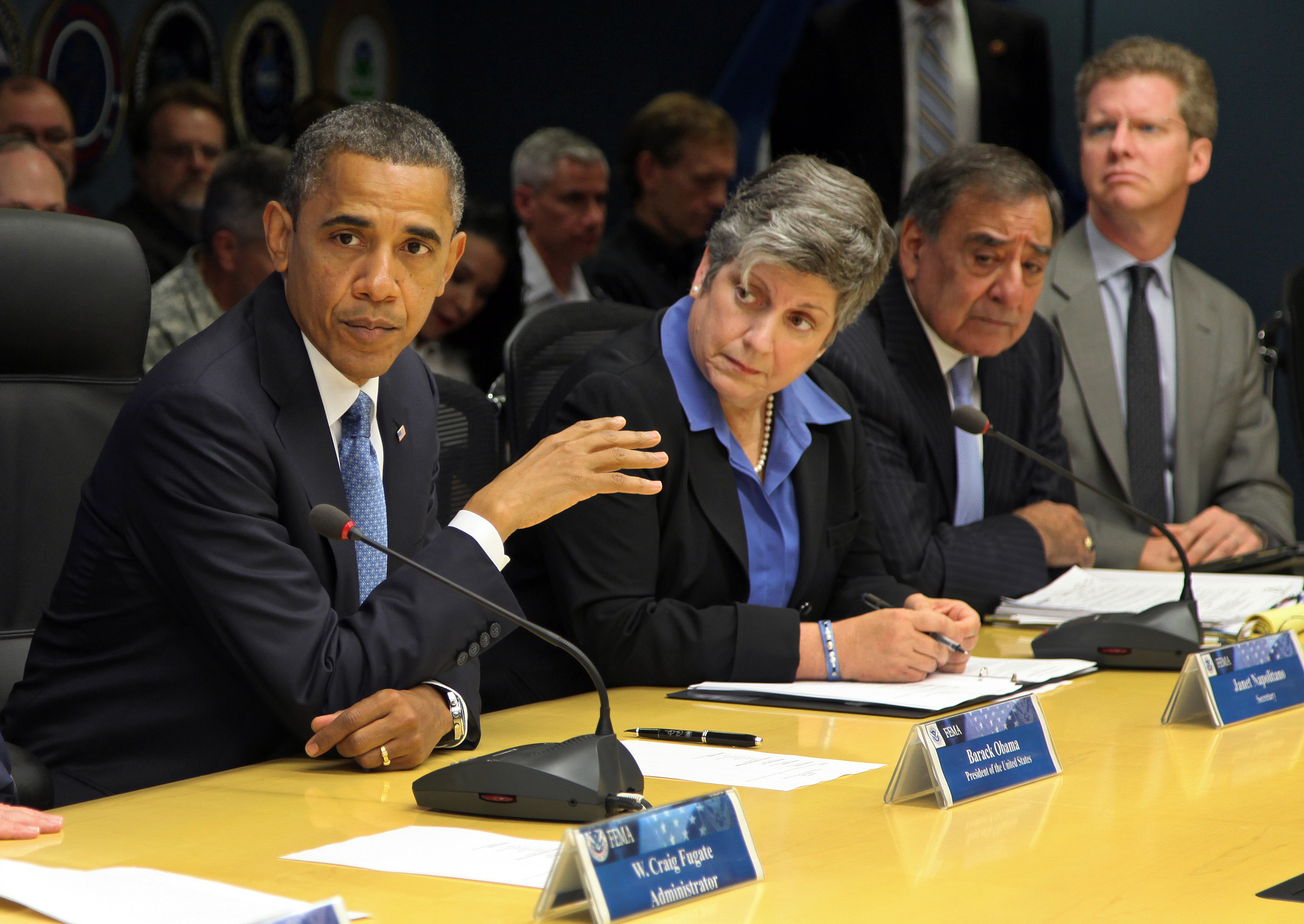By PATRICK MAROUN

Women were a large part of President Obama’s voter base during his re-election bid this past November, according to CNN’s exit polls. Why then is there so much fuss about President Obama’s relationship with American women as of late?
The answer is fairly simple: President Obama’s Cabinet is shaping up to be predominantly white men. Is this cause for concern or is this just a bump in the road on the way to gender equality in American politics?
Perhaps I am not the best person to be writing this article, seeing as I am an educated white man endowed with all of the privileges my background entails. But my own privilege is something that I must acknowledge and endeavor to use to the advantage of others. As a Fordham man, I must strive to be a “man for others.”
Women, more than half of the American population, are chronically underrepresented. It is unquestionable that we need more women in politics, but what do we define as progress? Is simple metrics the answer, or is a more qualitative analysis necessary when assessing progress for women in politics? Consider our recent economic crisis: Does a bottom-line business model benefit this country? It certainly does not.
“As a woman, obviously I want more women in the Cabinet and in political positions,” Anna Lynott, FCRH ’15 said. “But I also feel like it’s bordering on sexism if you give women jobs that they maybe aren’t as qualified for just because they’re women. I think President Obama should focus on who has the right qualifications to support him. If more of them are men than women, then so be it.”
It is paramount that exceptional women find their ways into politics and public service. I am not saying that we do not have exceptional women as it is, but it is possible to dilute the important impacts that those women are making by trivializing their presence by blindly electing or appointing women who are not qualified.
We take away from the tremendous accomplishments of women who are making substantive differences by equating their political successes to their sex.
I urge all of you not to become overly concerned by President Obama’s appointments. Historically, women’s involvement in the American political system has come in waves. Progress is neither an easy nor a steady process. It is a series of stomach-churning undulations that intensify over time. The shape of progress for women in American politics is no different than any other. This is simply the latest trough, which will inevitably lead to the next crest.
Just because the trend suggests that women should have an ever-growing role in American politics does not mean that every generation will produce more women politicians and bureaucrats than the last.
Women will continue to play an important role in politics, both as members of the electorate and as candidates. The frequency of women legislators, bureaucrats, federal judges and executives will continue to grow. Women will be increasingly represented by a government that has only recently acknowledged their importance to the political system. Worry not, for progress will prevail.
Patrick Maroun, FCRH ’15, is a political science and theology major from Norwood, Mass.








































































































































































































